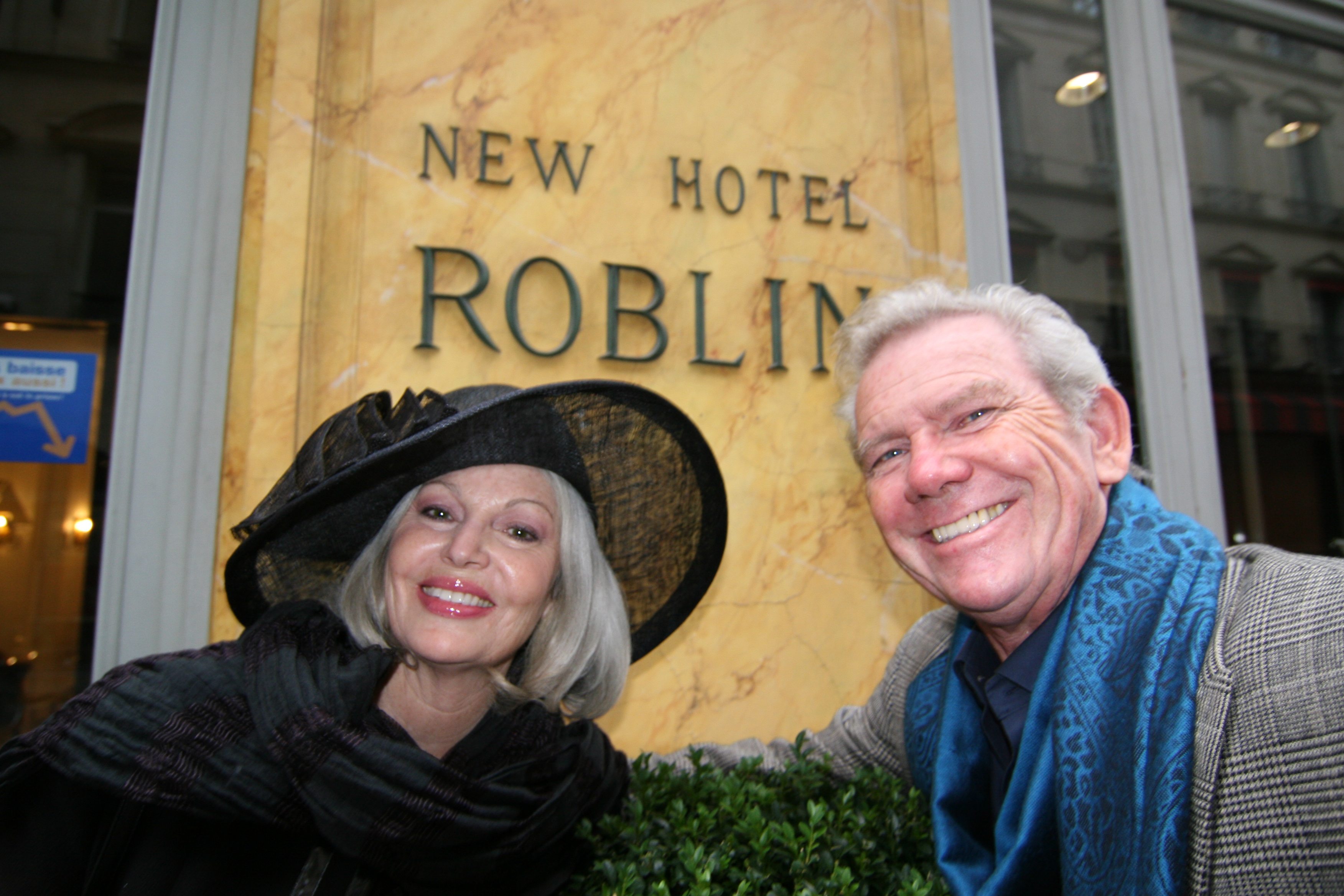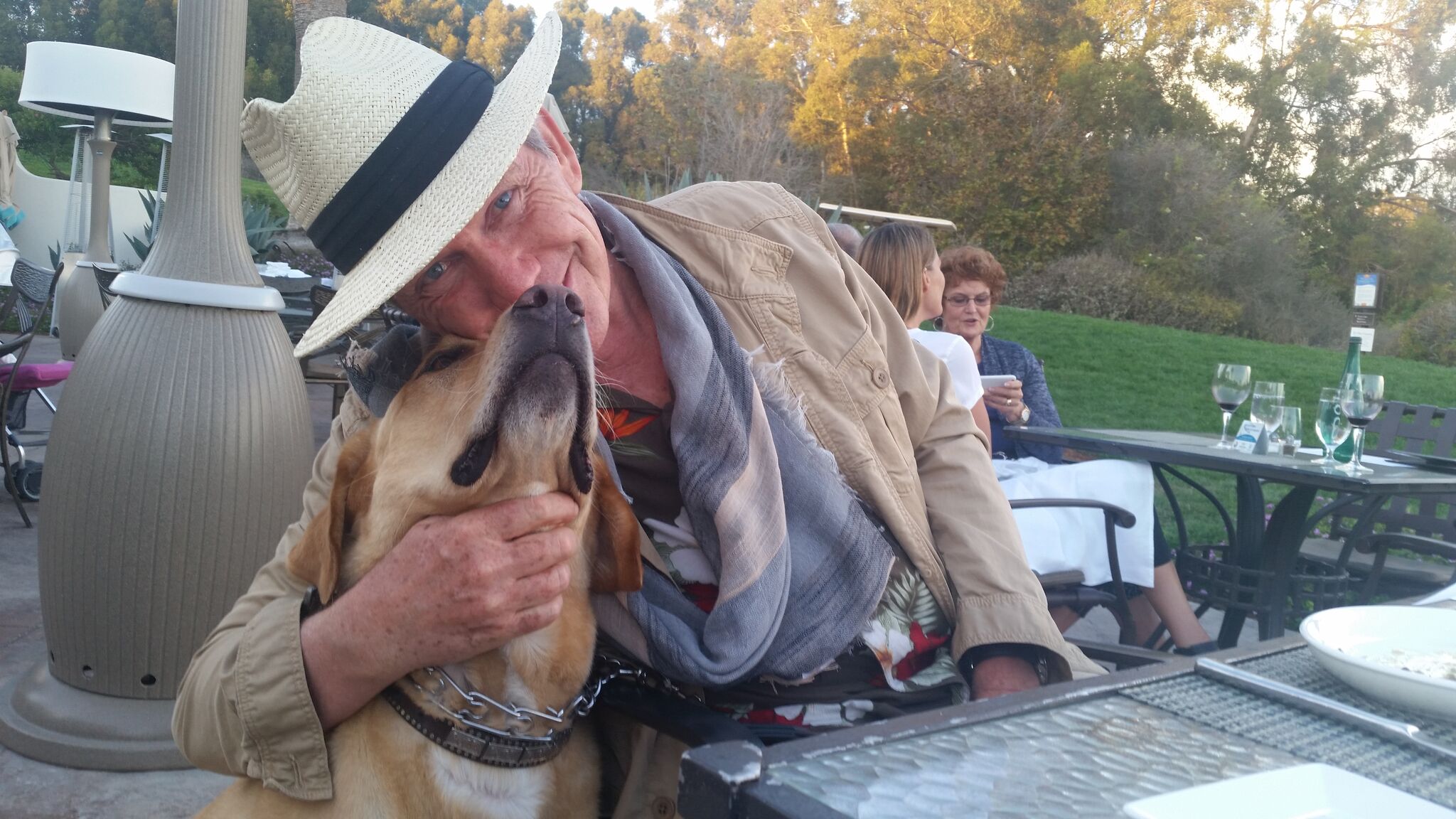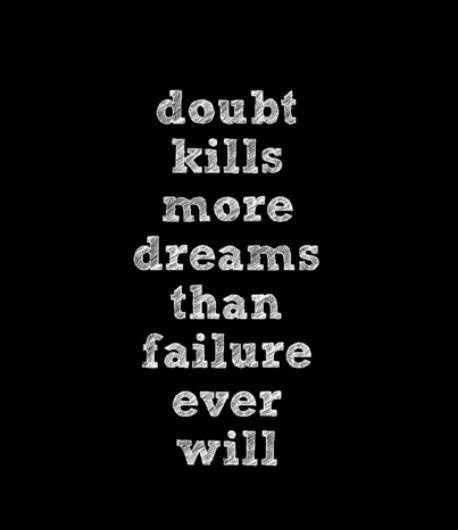By Alanna Brown, a LuxEcoLiving Advocate, creator of Brown House Online, and author of Moonpennies

John Locke broke an independent publishing record in 2011. He was the first indie author, and only the eighth author ever, to sell more than one million copies of his books on Kindle. How’d he do it? Reports surfaced last year that he bought his way to the top. By purchasing hundreds of favorable false reviews, he was able to trick readers into believing his book was a well-written, popular must-read. Locke has since been considered a cheater of the publishing industry, likened to doping athletes. But his success remains a testament to the fact that most readers will grasp at whatever is “trending,” rather than reading a sample and forming a unique opinion prior to purchase.
Traditional or independent, the next “Crime and Punishment” or a fourth in the “Fifty Shades of Grey” series, all new books (and new authors, in particular) are subject to the popularity contest. Both the rating and quantity of consumer reviews, bought or genuine, have become deciding factors in a book’s success. Readers are casting their heavily-weighted votes. So what, aside from payment, makes a five-star review? What makes a two-star review? What are readers and reviewers looking for?
Avid reader, blogger, and book reviewer Samantha March offered her insight to us at LuxEcoLiving. She owns and operates the popular website www.ChickLitPlus.com, which advocates this contemporary sub-genre of women’s fiction through interviews, blog tours, and reviews. (Full disclosure: her site did review my book last month, prior to this interview. This was in no way an exchange.)
LuxEcoLiving: Reports have shown that consumers do judge a book by its cover. In other words, the cover image is a predominant factor in choosing a book that’s worthy of reading. Is this true for you? If so, why? And what type of cover draws you in?
Samantha March: I definitely think this is true. Something that I look for in a cover is simply making sure it looks professional. As a book blogger, I have thousands of book requests come my way and I have seen less than stellar covers. When your first impression of a book doesn’t look up to par, it makes me wonder what’s between the pages.
LEL: Beyond the cover image (if that’s a qualifying factor for you), what is your natural process in selecting a book to read? (Do you stick with your favorite authors? Judge by title? Base it on the blurb or sample?)
SM: As a book junkie, it’s incredibly hard for me to turn down review requests! I recently expanded CLP to include seven other reviewers because I just can’t say no. But another big factor that I look for is a solid synopsis. I have gotten a two-sentence blurb from authors…that I will decline.
LEL: An infographic from Smashwords shows that 29% of readers choose their book based on forum/blog recommendations, while a surprisingly small 3% select books off the bestseller lists, and only 3% select them based on reviews from traditional media. Would you be more likely to read a book that was recommended on a forum, or a book on the bestseller lists, praised by newspapers and magazines?
SM: If I have seen a book being highly talked about, whether it be on a forum or just on social media, it will make me more likely to accept the review request – or purchase the book!
LEL: How do you select which books you think are worthy of a review?
SM: I actually review every book I read, no matter if it’s a positive or critiqued review. My “job” is book reviewer, so when I read a book, I review it!
LEL: When reviewing a book, what are the key things you look for to define it as a five-star read?
SM: I love when I find myself telling friends and family about a book. When the plot resonates so much with me that I have to talk about it, I have to get someone else’s opinion and insight. That makes it a 5-star all the way for me.
LEL: What are the top errors authors make that put their books at a one- or two-star review?
SM: Not hiring an editor. Hands-down, biggest mistake. So many people think they are good enough to self-edit or just having a friend will find all the mistakes. It is easy to spot a book that hasn’t been professionally edited, and it makes me feel like I’ve wasted my time.
LEL: Do you notice a discrepancy in the quality of books you review that are from indie authors versus traditionally published authors?
SM: I really don’t. I’ve found blaring errors in books that are traditionally published, and I’ve seen error-free books from indie authors. The industry has really changed, and I believe for the better. More jobs have been created for people such as editors and cover designers, and indie authors really have quite a selection to choose from to help make their book incredible in all aspects.
LEL: Being in the literary world, you must have an opinion on this ongoing battle: “vanity publishing” versus the traditional approach. Please share your thoughts.
SM: I’m not a huge backer of vanity publishing. Indie publishing I support, but vanity I haven’t been able to understand. To me it seems like an author can waste a lot of money going this route. With vanity versus traditional, I think traditional wins. It’s great to find a publisher (via an agent) that will stand behind your work and believe in it, rather just finding someone to pay money to in order to get published.












